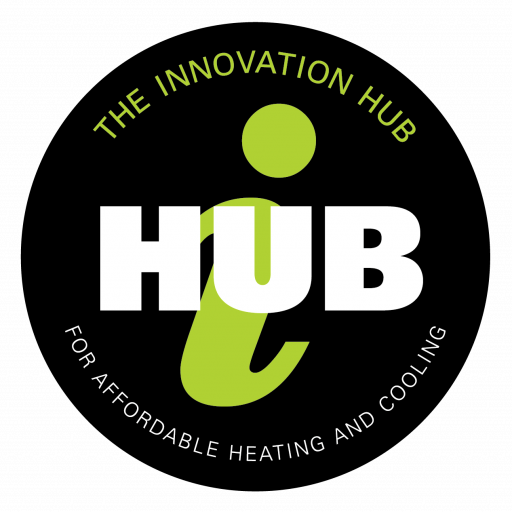Data Clearing House
About the project
This project seeks to understand how existing gas-fired generation assets can operate in sync with on-site energy consumption and renewable energy generation to maximise life-cycle-and environmental benefits while also providing useful support services to the grid.
The DCH will provide the base data lake for this analysis with algorithms developed running off the data collated by the DCH. The results will inform on the feasibility of using gas engines in commercial buildings as a demand response resource, from a financial and environmental perspective.
| Project title | Precinct energy integration for accessing the wholesale demand response mechanism |
| Project number | DCH3 |
| Project location | Commercial buildings in Melbourne CBD |
| Lead partner | DeltaQ Pty Ltd |
| Project partners | DeltaQ Pty Ltd Walker Asset Services Pty Ltd CSIRO |
| Project participants | CopperTree Analytics Australia |
| Start date | 01/2022 |
| End date | 06/2022 |
| ARENA/i-Hub funding | $177,600 |
| Total project cost | $668,000 |
Need
Throughout the past 15–20 years, many office building developments have installed cogeneration, trigeneration and on-site solar generation systems. However, many of these systems have ended up mothballed or under-utilised because of increasing gas prices and poor matching to site load characteristics. This project seeks to determine if these high-embodied energy assets can be utilised in ways where they can create a net benefit – both financially and environmentally.
Action
The Data Clearing House will be used to integrate the diverse data sources from discrete systems to enable optimisation and analysis to be undertaken.
Once collated on DCH, the data will be fed into a specifically developed model to test strategies and algorithms for a demand response operation in conjunction with HVAC and on-site PV.
A business case for utilising and extending the life the existing gas engines as a demand response resource will be prepared for the Collins Sq site and adjusted to verify if feasible for other sites.
Outcome
The key outputs from this project will be:
- Feasibility assessment of the business case for utilising an existing gas engine as a demand response resource
- Strategies and algorithms to achieve successful demand response operation in conjunction with HVAC and on-site PV.
The business case will be conducted from the perspective of financial, life-cycle and environmental benefits.
Additional impact
- Guidelines and information to assist other similar sites to achieve similar outcomes will be provided.
Project Reports
Evaluation Framework
All sub-projects within i-Hub are evaluated as part of the ongoing i-Hub project management process. Evaluation is completed by the project manager and reviewed by the Activity Leaders Group and i-Hub Steering Committee. Please click here to read the Evaluation Framework.
Created 29/04/2022
